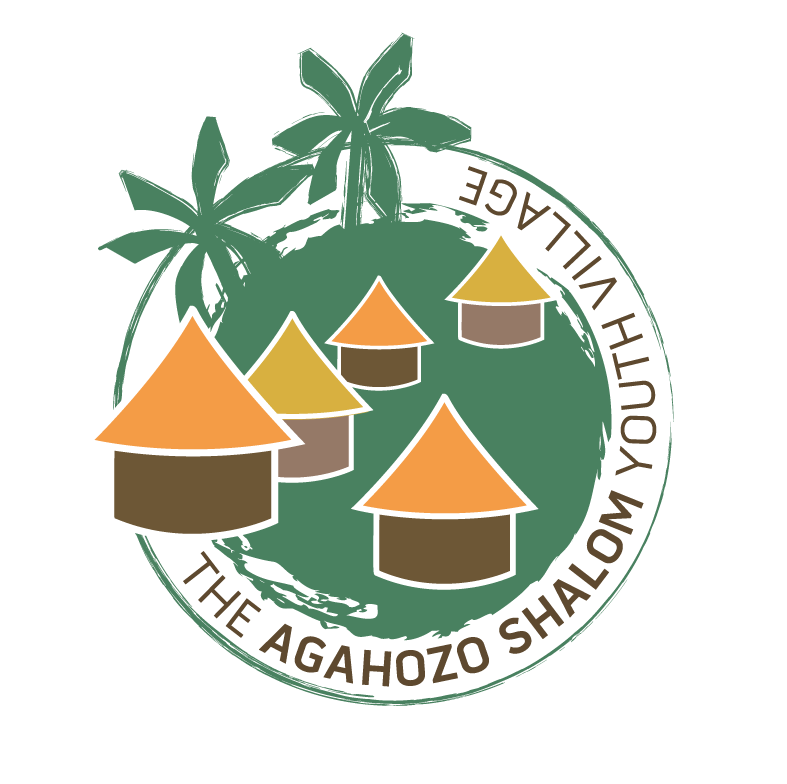ELECTION SEASON 2013
This week Rwanda held its 2013 Parliamentary Elections. With politics in the air and Election Day being a national holiday, students and staff engaged in debate and discussions, back and forth banter and discussions about favored preferred political parties. Conversations about the direction of the economy and state of politics could be heard interspersed with mathematics and English as students intensely prepare for their midterm exams. Even this past week’s Learning Community conversation for Village staff was devoted to discussing the importance of voting and the role that it plays in a democracy.
Students who are eligible to vote take their responsibility seriously. Those who voted in previous elections mentored students who were voting for the first time. One girl who visited the polls said, “Voting was somehow difficult because I didn’t know what to expect, but overall I felt confident.”
Another student expressed appreciation for his brothers in his family. “In our family, everyone talked about their ideas. We almost all agree on one political party that we like.” After casting their vote, students returned to the Village Monday afternoon with an ink stain on their pinky finger, indicating that they fulfilled their duty. Days later, students still proudly bear the mark (see photo above).
Many staff members saw this period in the Village as a learning opportunity. One Family Mama stated, “I believe strongly that to be a good citizen, requires you to vote. Voting is necessary for a strong future.” Learning Community this week was dedicated to the debate about the importance of voting and the question of whether one person can really make an impact. Those in support of voting argued adamantly that it is important in Rwanda to exercise your freedom, and one Mama said, “Leadership of people, for the people, by the people is necessary in Rwanda today.”
Those who took an opposite stance and argued against the importance of voting said that people often go to the polls without knowing whom they are voting for. Another Mama exclaimed, “People go and vote like cows! If you go without understanding the different goals then you are doing more harm than good. People vote like cows and elect the same leaders over and over. They don’t understand...”
An interesting and deeper layer to the discussion highlighted the former Rwandan monarchy. Some voiced opinions that when Rwanda had a king, they lived in peace. The argument was made that it was only when Western ideas of government were imposed that conflicts arose. Prior to a formal democratic government being established, they argued, there was an informal sense of democracy. Leadership was a component of daily life. “Under a king, all people lived well, we had respect; we didn't kill each other.” This argument was countered with, “Under our former king, people were afraid to speak and they were sometimes killed; he was the one with the last word and the only reigning word.”
Among other members of staff, some noted that in many parts of Africa we have seen that, “There are many examples where voting can be the same as risking your life.” The atmosphere and the conversation remains highly nuanced, though the consensus is that exercising one’s right to vote is a privilege that all responsible citizens in Rwanda should take advantage of. Closing thoughts in the week’s debate included the statement: Leadership takes many forms. Sometimes it’s democracy, sometimes it’s a monarchy; sometimes it’s a founder of an organization with a good idea. There are lots of ways to see results and move a country and its people toward their goals. In the end, it’s important to feel a connection to the country and to the act of voting.
The staff and students all demonstrated an active commitment this week through their participation in the election process.
Submitted by long-term volunteer Shira Liff-Grieff
For additional insight into the Rwandan Parliament and how during the rebuilding process Rwanda focused on inclusiveness and equality, see: http://www.leftfootforward.org/2013/09/rwanda-has-the-most-female-politicians/
